Yuppies. Big shoulder pads. Even bigger hair. The 1980s were a decade of change, and they were shouting about it. And, on the roads, cars were roaring about it – throaty crackles and bellows from the brash, exciting and often incredibly designed supercars that first rolled onto our roads. But which were the best supercars of the time? Balancing looks with engineering, we’ve put together a shortlist. But do you agree?
Ferrari Testarossa
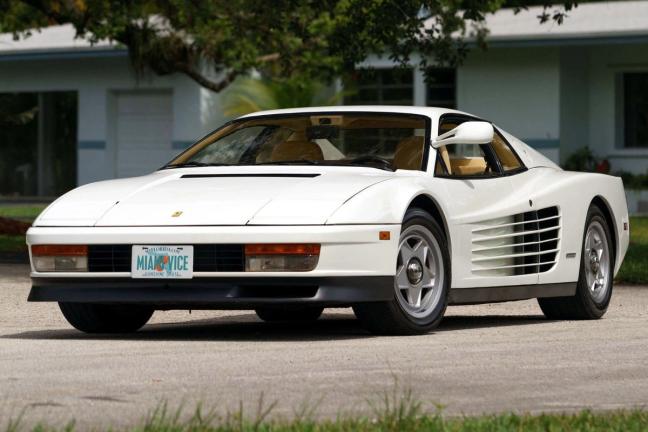
At the 1984 Paris Auto Show, the world of supercars would change forever. Everyone knows the Testarossa, the original two-door coupe pin-up. With it’s rear-mounted, five-speed manual transmission, this was a lot of fun, and it bore a name that paid homage to the famed 1957 World Sports Car Championship-winning Testa Rossa, a car which was named ‘red-head’ due to the red-painted cam covers on its 12-cylinder engine.
Developed from as far back as 1981, the body came from design icons Pininfarina. Led by Leonardo Fioravanti, the creator of many contemporary Ferraris, he applied an in-depth knowledge of aerodynamics into the design of the car. Those large side vents we all love? Not only a style statement – also functional.
Aston Martin V8 Vantage Zagato
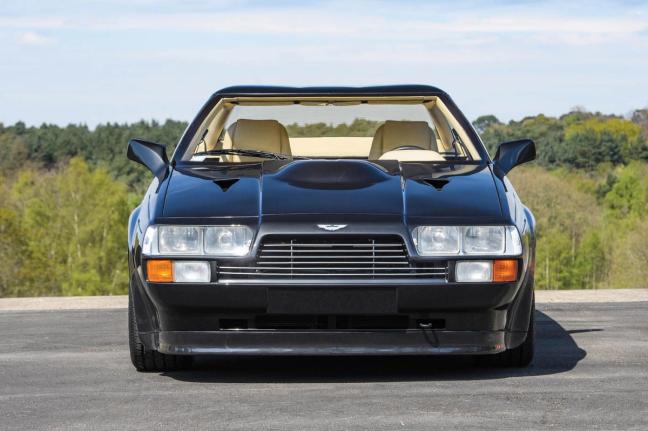
One of the best grand tourers of the 1980s, even we agree that this isn’t the best looking Aston Martin. In fact, it could be one of the worst. But, unveiled at the 1986 Geneva Motor Show (as a drawing, no less) the car immediately began to draw buyers to place orders. All 52 coupes were sold despite the market seeming uncertain, and the body – created by the Zagato coach builders – was almost universally liked at the time. That is, with the exception of the squared-off grille, which proved very controversial in some Aston purist circles.
But under the bonnet is where this supercar really shines. Powered by a V8 engine with twin-choke Weber carburettors, the all-alloy car could hit over 300kmph – no mean feat. By the end of the decade, the car was swapping hands for almost half a million pounds which, when we look at it today, is frankly staggering. But there’s no denying, this is a car that lives up to Aston Martin’s considerable pedigree.
Lamborghini Countach
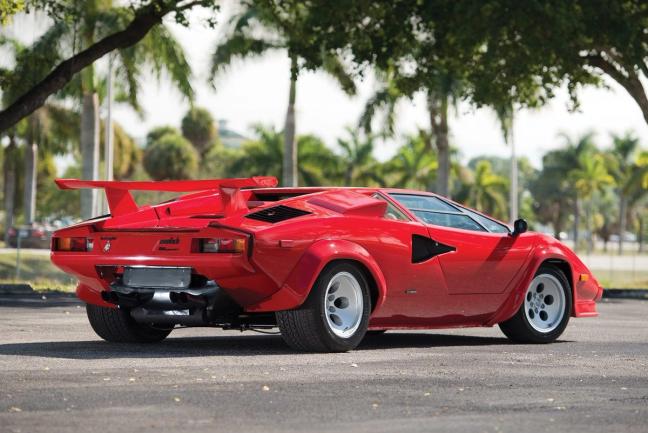
Despite being introduced to the world a decade earlier, in 1971, the Countach that we all remember is the 5000 Quattrovalvole – a genius piece of kit revealed in 1985. With the carburettors moved from the sides to the top of the engine for better breathing, some of the body panels were also replaced with Kevlar, and a Bosch K-Jetronic fuel injection system was introduced below the bonnet. Here were wheels that really put the ‘super’ in supercar.
Only 610 were built, but it is the flat, straight lines and low profile that really stick in our mind. Originally designed by Marcello Gandini, a young experienced designer with no real knowledge of the practical, ergonomic elements of car design, he nevertheless created something so outside the box that it still looks incredible today.
De Tomaso Pantera
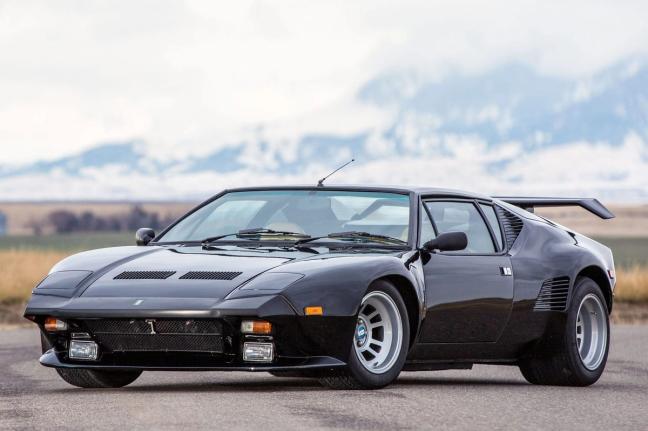
In the year 1980, De Tomaso revolutionised the chassis of their already-popular Pantera. Beginning with number 9000, the line up included the GT5 and GT5S models, which had blended arches and a distinctive, wider body look. This was the defining Pantera – and one of our favourite supercars of the 80s.
Inside, the car had a considerably more luxurious interior, much larger wheels and tires and better brakes to boot. The fibreglass body kit also included an air dam and side skirts – giving this generation of the Pantera the iconic look we all remember.
BMW M1
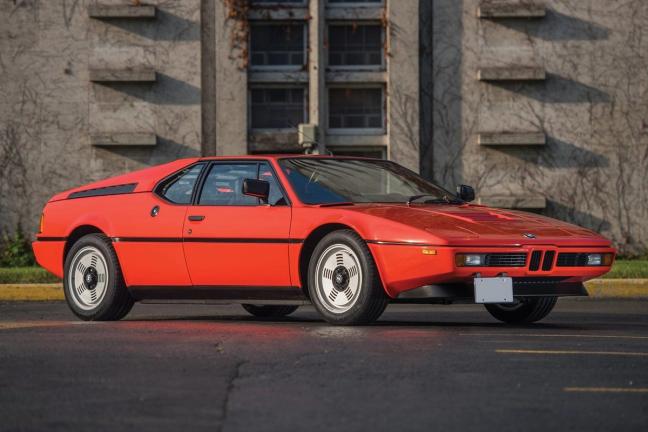
In the late 1970s, Lamborghini entered into an agreement with BMW to create a production car for racing. Unfortunately, the deal fell through, and this meant that BW had to stray from the comfort and safety of the supercar manufacturer to create the wheels for themselves. What sprung forth from being left out in the cold was very hot indeed: the inimitable BMW M1.
Taking its inspiration from the old BMW Turbo show car, only 453 production M1s were ever built – making it one of the rarest BMWs to ever grace the road. In 2008, an M1 Homage Concept made its debut at the Concorso d’Eleganza Villa d’Este, but despite showcasing many technical and advanced innovations, it wasn’t a patch on the original – the raw, exciting powerful, and thoroughly rare, M1.
Vector W8
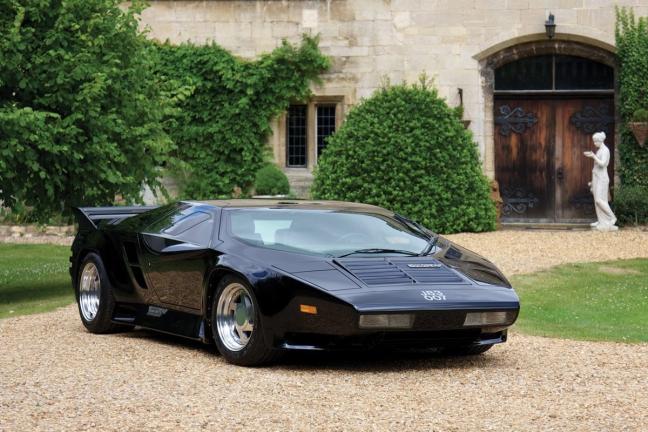
Depending on who you ask, this isn’t a 1980s supercar. But, considering it was designed in the last year of the hedonistic decade, despite not going on sale until 1990, we’re adding it to the list. And how could we not? Just look at the thing. Essentially an upgrade of Vector’s prototype W8, the body was made from both lightweight carbon fibre and kevlar, making this one tough cookie of a supercar.
One of the main selling points of the W8 was reliability. The semi-aluminium monocoque chassis was so intricately put together – over 5,000 aircraft specification rivets were used in the car’s assembly – that it was said to last the life of the owner. Not that it’s lived as long in our memories – with many forgetting about Vector altogether. But take just one look at the W8, and we think you’ll agree it’s worth remembering.
Looking to invest? These are the 5 soon-to-be classics that are worth your money in 2018

Become a Gentleman’s Journal Member?
Like the Gentleman’s Journal? Why not join the Clubhouse, a special kind of private club where members receive offers and experiences from hand-picked, premium brands. You will also receive invites to exclusive events, the quarterly print magazine delivered directly to your door and your own membership card.
Further reading

Editor’s Picks: Nothing phone, Ressence watch, clothsurgeon jacket and Tom Straker’s bread knife

The Gentleman’s Journal Car Awards
